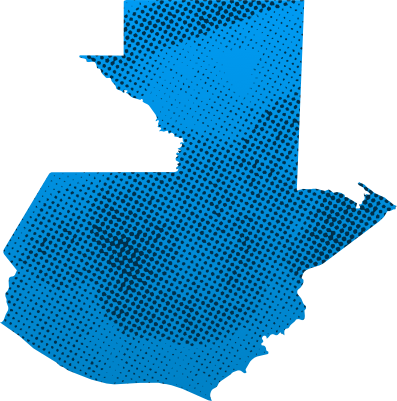
Volunteer statistics (ILO)*
Source: ILOSTATS. The data is collected by ILO from national statistical offices. As national statistics on volunteer work are produced using a variety of approaches and tools, direct and cross-country comparisons are not recommended. For more information, visit https://ilostat.ilo.org/topics/volunteer-work/
Total volunteering by gender
Direct volunteering by gender
Organization-based volunteering by gender
Measurement work
Data source
- 2007
- 2008
- 2009
- 2010
-
2011
- Time Use Survey
- 2012
- 2013
- 2014
- 2015
- 2016
- 2017
- 2018
-
2019
- Labour Force Survey
- 2020
- 2021
- 2022
- 2023
- 2024
- 2025
- 2026
Laws, Policies, Schemes on Volunteering
Does the country have a piece of legislation on volunteering?
No data
Does the country have a national policy, scheme, plan or strategy specific to volunteering?
No data
Does the country have a sectoral and cross-sectoral policy, scheme, plan or strategy that mentions volunteering?
No data
VNR Reporting
Examen Nacional Voluntario 2017
View sourceReporting positive contribution of volunteering to the SDGs
Paragraph 1, page 47
Institutional public security records prepared by the Ministry of the Interior and the voluntary fire service.
Paragraph 2, page 98
The Family Farming Programme to Strengthen the Rural Economy (PAFFEC) is implemented through the National Rural Extension System (SNER) and builds the production, organization and self-management capacity of the country’s rural population through informal education and participatory implementation to improve the quality of life of rural families. In 2016, SNER supported the operation of the 340 municipal rural extension agencies, allowing the transfer of knowledge and technology to 649,421 volunteer promoters and farmers to support improvements to their production systems. In addition, 25,956 families received supplies such as seeds and plants, as well as livestock and equipment to establish family production units.
Paragraph 3, page 135
The Ministry has also carried out inter-institutional, intersectoral and partnership coordination with development councils, municipal and voluntary fire services, the Guatemalan Family Welfare Association (APROFAM), the Mariscal Zavala Military Base, midwives and healers, the Guatemalan Red Cross, the Women’s Ombudsperson (DEMI) and the University of San Carlos.
The review includes a section that takes the first steps to setting the State’s response in each of the development areas. Actions are classified by the nature of the contribution: public, private, civil society and international cooperation. It also includes a section describing young people’s perception of each of the development areas set out in the six SDGs.
The Government considers the perspectives of civil society and young people on the SDGs.
Paragraph 1, page 41
There is a gap or qualitative jump between the level of technical staff and the actors involved in the responses (volunteer teams, representatives of grass-roots social organizations and the population of the communities).
No mentionODS GUATEMALA - III REVISION NACIONAL VOLUNTARIA
View sourceReporting positive contribution of volunteering to the SDGs
Paragraph 1, page 122
Civil society organizations (including voluntary associations working for the development of women, indigenous peoples, children, and people with disabilities) adapted their work agendas to serve the population affected by the crisis. They focused their activities on prioritizing poverty reduction and social protection, access to health services, employment and investment. Poverty reduction and social protection: Packages with basic food, hygiene products and medicines were distributed to support communities. Access to health services: Special days were held to support the provision of medical supplies based on natural ingredients. Medical assistance and consultations are also provided using digital platforms. The Guatemalan Volunteer Centre has played an important role by coordinating volunteer organizations. As reflected in the 2019 National Volunteer Assembly Report, its various partner organizations made valuable contributions that underpin the achievement of the SDGs. In the context of the COVID-19 pandemic, help with packing solidarity boxes was provided, solidarity canteens were organized, and volunteers in the area of health were successfully called upon to staff call centres to provide the public with information on the pandemic, in coordination with and in support of other government institutions and civil society.
No mentionParagraph 1, page 63
Programas, proyectos o iniciativas del sector juventud reportados por las organizaciones, relacionadas con el ODS 14. Sacatepéquez: Last Chance, Programa Conciencia Verde (educación ambiental), jornadas de voluntariado con flora y fauna.
No mention